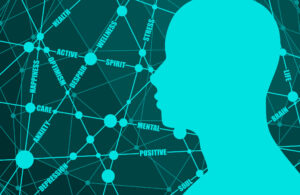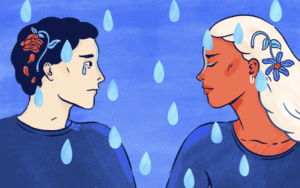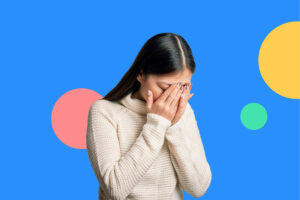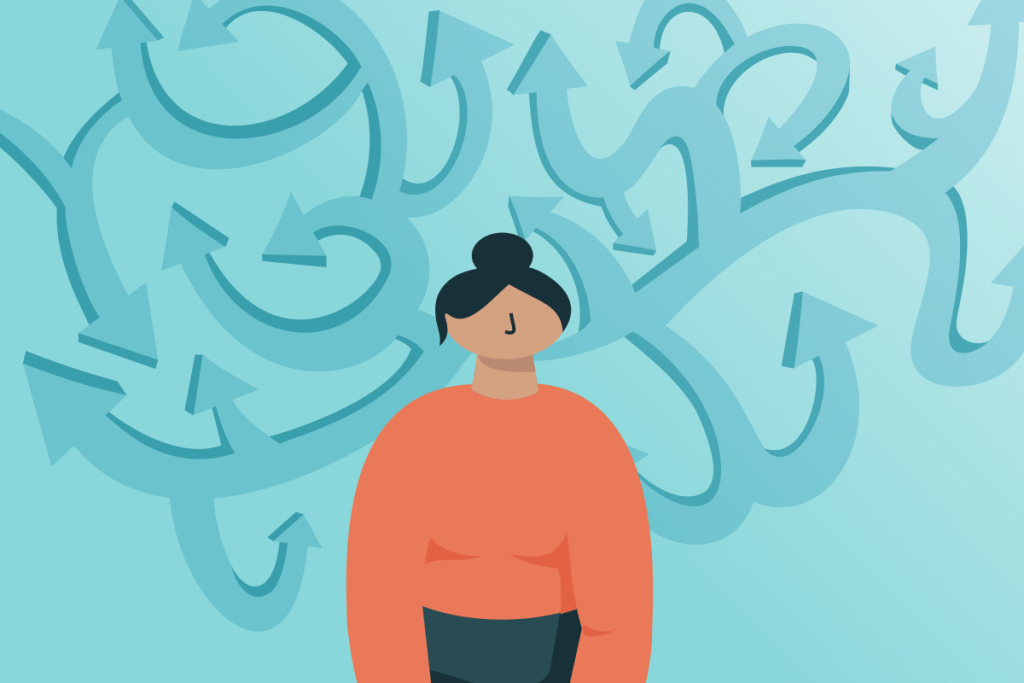Situational depression, also known as adjustment disorder with depressed mood, is a type of depression that is caused by particular life circumstances. This disorder can affect anyone, regardless of age or gender. If you are experiencing symptoms of situational depression, it is important to get help right away. In this blog post, we will discuss the signs and symptoms of situational depression, as well as treatment options.
Contents
Defining Situational Depression
Situational depression is a type of depression that is brought on by particular life circumstances. There are circumstances that can bring forth this type of depression in anyone, regardless of age or gender. The death of a loved one, divorce, job loss, and chronic illness are all examples of life circumstances that can trigger this situation. It usually goes away on its own but it can last for months or even years if it goes untreated.
It is important to understand that the onset of this type of depression is not due to a person’s character or strength. This type of depression is brought on by an outside force, over which the person has no control.
Situational Depression vs. PTSD
Situational depression is often confused with PTSD, or post-traumatic stress disorder. However, there are some key differences between the two disorders.
PTSD is an anxiety disorder that can develop after a person has experienced or witnessed a traumatic event. Symptoms of PTSD can include flashbacks, nightmares, and avoidance of anything that reminds the person of the trauma. On the other hand, situational depression, on the other hand, is brought on by particular life circumstances that are not necessarily traumatic. It is also important to note that situational depression is not a chronic condition, like PTSD.
While both these conditions can be debilitating, it is important to get the correct diagnosis so that you can get the appropriate treatment.
Signs and Symptoms

The signs and symptoms of situational depression can vary from person to person. Some common symptoms include:
- Feelings of sadness or emptiness
- Loss of interest in activities that used to be enjoyable
- Feelings of hopelessness, pessimism
- Angry outbursts, irritability, or frustration
- Decreased energy levels and fatigue
- Difficulty concentrating, remembering details,
- Changes in appetite or weight
- Sleep problems
- Moving or talking more slowly than usual
- Feeling restless or having trouble sitting still
- Fatigue or decreased energy levels
- Anxiety or restlessness
- Problems concentrating
- Irritability or agitation
- Panic attacks
- Thoughts of death or suicide
Different people will experience different combinations and severity of symptoms. It is important to seek help if you are experiencing any of these symptoms, as they can impact your daily life.
Causes
There are a variety of life circumstances that can trigger situational depression. Some common causes include instances such as:

- Death of a loved one
- Divorce
- Job loss or retirement
- Chronic illness
- Moving to a new location
- Issues at school or work
- Natural disasters
- Having a baby
- Near-death experiences
- Witnessing difficult circumstances
- Financial issues
- Infidelity
- Childhood trauma
- War
- Pandemic
- Civil/political/religious disturbances
- Multiple difficulties occurring at the same time
In addition to these incidents, there are also other risk factors that make an individual vulnerable to situational depression. These include:
- A history of depression or other mental health disorders
- Family history of depression or other mental health disorders
- Stressful life events occurring in childhood
- Lack of social support
- Poor coping skills
- Substance abuse
One may face one or more of the above factors which may lead to situational depression.
Vulnerable Groups

Situational depression can occur in any individual, regardless of age or gender. However, there are certain groups of people who may be more vulnerable to developing this type of depression. These include:
- Women: Women are more likely to experience situational depression than men. This may be due to the fact that women are more likely to experience certain risk factors, such as being the primary caretaker for children or elderly parents. In addition, women are also more likely to experience certain triggering events, such as divorce or infidelity.
- Older adults: Older adults are also at a higher risk for developing situational depression. This is because they are more likely to experience loss, such as the death of a spouse or friends. They may also be more likely to develop chronic illnesses.
- People with chronic health conditions: People who have chronic health conditions are also at a higher risk for developing situational depression. This is because they may feel like they have less control over their lives and may feel like they are a burden to others.
- People who have experienced trauma in childhood: Childhood trauma can also make an individual more vulnerable to situational depression. This is because they may have difficulty coping with stressful situations and may not have a strong support system.
- People who abuse substances: Substance abuse is also a risk factor for situational depression. This is because substances can make it difficult to cope with stress and can also lead to isolation.
It is important to remember that anyone can develop situational depression. If you are experiencing any of the symptoms or risk factors listed above, it is important to seek help from a mental health professional.
Effects On Daily Life
Situational depression can have a significant impact on your daily life. It can effect various domains of life such as:
- Work: Situational depression can make it difficult to focus at work. It can also lead to absenteeism and decreased productivity. In severe cases, it may even lead to job loss.
- School: Situational depression can also impact your performance at school. It can make it difficult to concentrate and pay attention in class. It may also lead to lower grades or dropping out of school altogether.
- Relationships: It can strain your relationships with others. You may find yourself withdrawing from friends and family. You may also have difficulty communicating or connecting with others.
- Self-care: This may also make it difficult to take care of yourself. You may find yourself neglecting your hygiene or your health. You may also struggle with substance abuse or eating disorders.
If you are experiencing any of these effects, it is important to seek help from a mental health professional. left untreated, situational depression can lead to more serious problems such as suicidal ideation or attempts.
Diagnosis
Situational depression is diagnosed based on the symptoms that an individual is experiencing. A mental health professional will ask about your symptoms and how long you have been experiencing them. They will also ask about any triggering events or stressful life circumstances. It is important to be honest with your mental health professional so that they can accurately diagnose your condition.
Some of the most common diagnostic tools for situational depression include:
- Beck Depression Inventory
- Hamilton Rating Scale for Depression
- Zung Self-Rating Depression Scale
They may also use physical tests such as:
- Blood tests
- Thyroid tests
- Imaging tests
Your respective healthcare provider may give suitable guidelines and procedures in accordance to your symptoms.
Treatment

There are a number of different treatment options available for situational depression. The most common treatments include:
- Therapy: It is important to seek help from a mental health professional if you are experiencing situational depression. A therapist can help you identify and cope with the thoughts and emotions that are contributing to your depression. They can also provide you with tools and strategies for managing your symptoms.
- Medication: Medication can be used to treat situational depression. Antidepressants are the most common type of medication prescribed for this condition. These medications can help to improve mood, reduce anxiety, and improve sleep.
- Self-Care: Self-care is also an important part of treating situational depression. This may include exercise, relaxation techniques, and healthy eating. It is important to find activities that make you happy and that help you relax.
Situational depression is a serious condition that can impact your life in a number of ways. If you are experiencing any of the symptoms or risk factors listed above, it is important to seek help from a mental health professional. There are a number of different treatment options available and with the right treatment, you can improve your symptoms and live a happy and fulfilling life.
Conclusion
In conclusion, situational depression is is a short-term form of depression that occurs in response to a stressful event or situation. It a serious condition that can impact your life in a number of ways. If you are experiencing any of the symptoms or risk factors, it is important to seek help from a mental health professional. They can provide you with the tools and resources you need to manage your symptoms and live a happy and fulfilling life.
For more information, please contact MantraCare. Depression is a mental illness characterized by persistent feelings of sadness, hopelessness, and loss of interest in daily activities. If you have any queries regarding Online Depression Counseling experienced therapists at MantraCare can help: Book a trial Depression Therapy session


